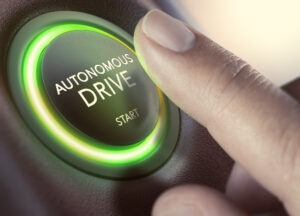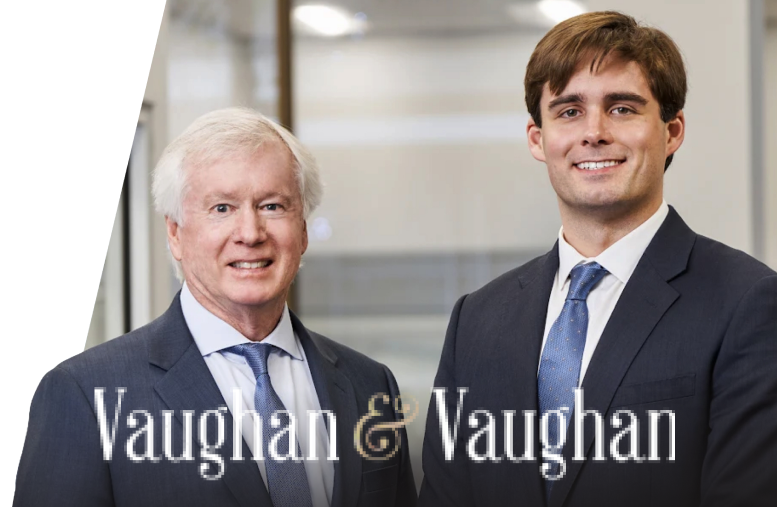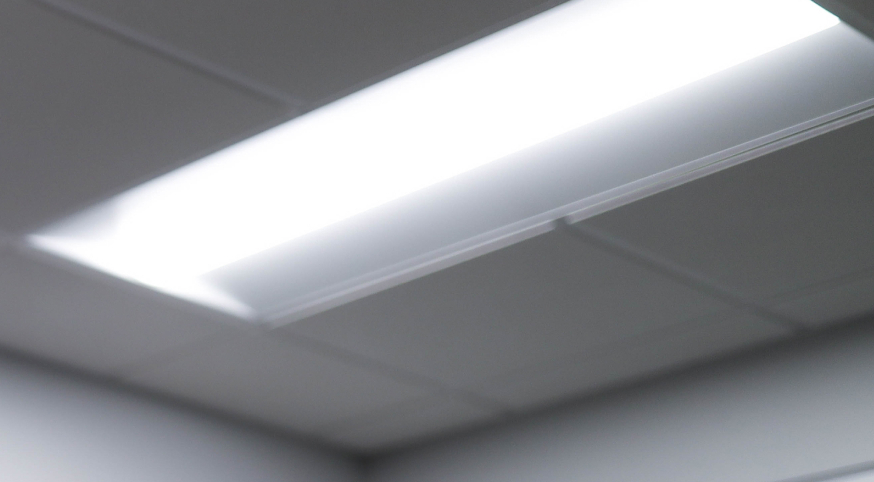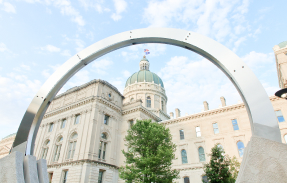
Ever since the debut of the Jetsons, the general public has been waiting for a self-driving car. Unfortunately, the most recent iteration of the self-driving car tends to endanger more people than it helps. There have been reports on companies like Tesla detailing the active safety threat that these cars pose to other drivers and pedestrians, not to mention the car’s passengers.
What’s more, self-driving cars can pose a threat to general safety on a variety of fronts. A self-driving car may compromise your personal data and digital safety while also putting you at a higher risk for a roadway accident.
Let’s break down the risks of driving in a self-driving car. Our Indianapolis personal injury lawyers can help you break down these threats as well as your best means of responding to them.
Lack of Appropriate Safety Developments
At this point, many parties believe that self-driving cars still lack a lot of the safety tools they need to carefully navigate a crowded street. While most manufacturers equip these vehicles with cameras, radar equipment, and tools for 3D processing, it can still prove challenging for the cars to use these tools effectively.
Without a person behind the wheel to make improvised decisions at the drop of a hat, the AAA reports that 77 percent of polled citizens have concerns about the dangers these cars may present on the road.
Tesla’s Public Self-Driving Car Security Failures
Tesla, in particular, has recently come under fire for its failure to install comprehensive safety tools in its self-driving cars. Recent reports detail incidents wherein a Tesla’s sensors repeatedly failed, causing the vehicle to hit a child-sized obstacle.
Analysts alleged that the car’s failure to detect child-sized obstacles puts child pedestrians and families at greater risk for accidents should companies release unmanned vehicles onto the road. Tesla, in turn, has requested that parties sharing videos of its cars’ sensor failures remove those videos from the Internet in an effort to preserve its vehicles’ reputation.
Your Case Will Get
The Attention It Deserves

Lack of Appropriate Security Measures
Self-driving cars rely on a considerable amount of in-the-moment computational work to safely operate on the roads. Unfortunately, that kind of computational work can be readily interrupted by an ambitious hacker. Many parties contributing to the self-driving car debate have expressed their concerns about black hat hackers assuming control of an unmanned vehicle.
In other words, the same cyberattacks that take down websites for days at a time may, at some point, debilitate a self-driving car. In doing so, said cyberattacks may endanger both the driver and nearby motorists, pedestrians, and related parties.
A Threat to Personal Privacy
A vehicle that relies on computerization as much as a self-driving car does will collect data about its passengers. At first glance, that data collection isn’t inherently dangerous. It may, for example, make it easier for passengers to get to their most common destinations more easily.
That said, today’s digital landscape is hungry for data. Some parties, including the team at Wired, have expressed concerns about a self-driving car’s data collecting opportunities and the unapproved sale of that data to interested parties. Advertisers may use that data to unfairly target audiences driving to certain stores or cities.
While this data may not impact the dangers passengers and other parties face on the road, passengers may feel like their car and its manufacturer may have unfair access to their data. Parties who find that data collection invasive may want to forgo a self-driving car in favor of a more traditional vehicle.


The Struggle to Assign Liability After a Self-Driving Car Accident
Last but not least, there’s been concern in the legal community surrounding self-driving cars and liability. It’s not inherently clear which party should assume liability in an accident caused by a self-driving car: the car’s manufacturer, owner, mechanic, or a separate party. At this point in time, there isn’t a state or federal standard assigning blame for these accidents.
What’s more, it’s difficult to say whether or not insurance companies may attempt to deny insurance claims for accidents involving self-driving vehicles. If an insurance company opts to act in bad faith and deny a self-driving car accident claim, lawyers have little precedent dictating their right to respond.
What, then, can you do if you get into an accident with a self-driving car? Even in the face of a lack of precedent, you can bring your concerns to one of Indiana’s car accident lawyers. Our team can investigate the circumstances that led to your crash and help you act accordingly.

Taking Action After an Accident With a Self-Driving Car
A car crash is a car crash, whether the accident involves another driver or a self-driving vehicle. If you suffer losses after a self-driving car malfunctions or compromises your data, you can take legal action against that car’s manufacturer and related parties.
You can contact the Indianapolis car accident lawyers with Vaughan & Vaughan after any kind of car accident. We can break down the process of suing someone in a self-driving car and discuss your right to fair accident compensation. Our first case evaluation comes free of charge and does not obligate you to legal action.





